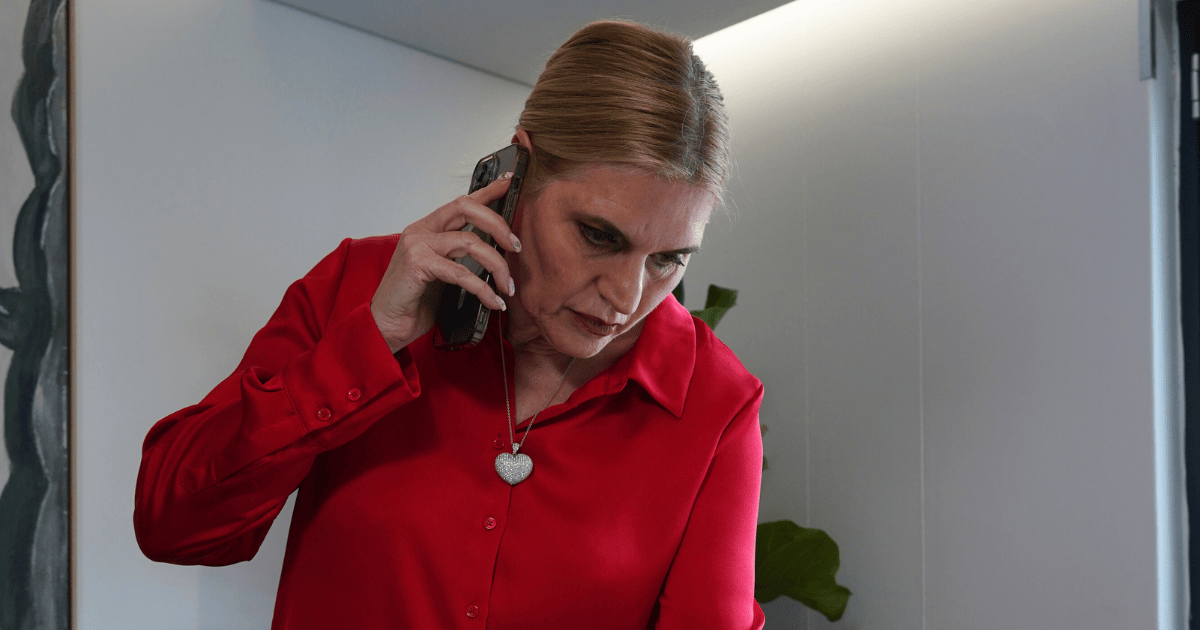Children in Divorce want to be heard and want to participate in the decision-making processes about their future. Children can give input into the decisions being made, but ultimately they are not the decision-makers. The extent of their participation will depend on their age, maturity, and level of development.
Parents need to step up and act like adults, which includes making tough decisions about parenting. Parents should focus on the needs of the children and not their personal needs or the need to be right.
Parents are here to shield and protect their children against the world. Don’t let the children be the victims of the conflict between the parents as children can be scarred for the rest of their lives.
Parents must set aside their animosity and co-parent their children and reassure them that they are loved by both of them. Failure to do so could result in children suffering from heightened levels of distress, anxiety, and depression.
Child participation contributes to a child’s development of individual identity, competence, responsibility, and a child’s sense of self-esteem and confidence.
YOUR CHILD HAS A VOICE, LISTEN TO IT!
Sections 6(2)(a), 7(1)(a) – (n), 10 and 31(1)(a) of the Children’s Act addresses the best interest of the child standard and the right of the child to participate and express their views in all matters that affect them, as well as their right to be heard in official proceedings in motion.
Section 10 of the Children’s Act reads:
‘Every child that is of such an age, maturity and stage of development as to be able to participate in any matter concerning that child has the right to participate in an appropriate way and views expressed by the child must be given due consideration.’
Section 31(1)(a) of the Children’s Act reads:
‘Before a person holding parental responsibilities and rights in respect of a child takes any decision contemplated in paragraph (b) involving the child, that person must give due consideration to any views and wishes expressed by the child, bearing in mind the child’s age, maturity and stage of development.’
Author – Benita Ardenbaum





